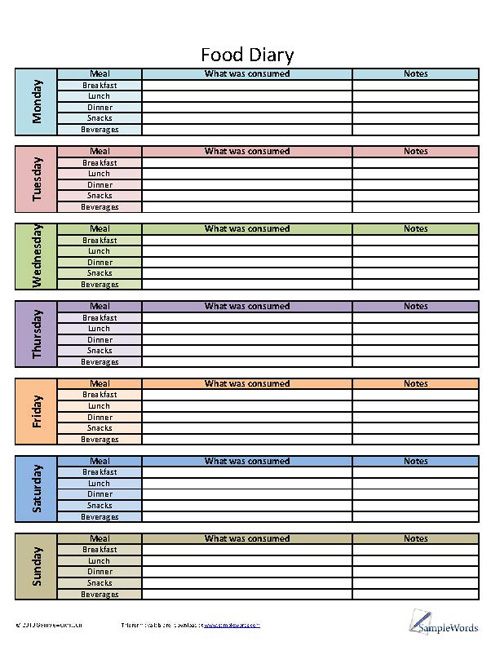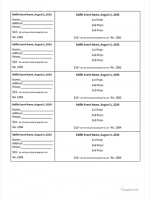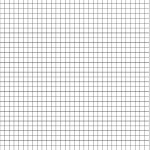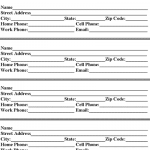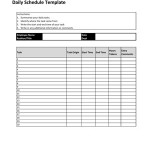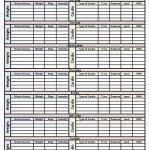This Food Diary Template is color coded to make it easy to document the food you consume over the period of a week.
The PDF document is available for free download below. It’s perfect for people who are trying to watch what they eat or document their food intake for medical purposes.
The diary form makes it easy to keep track of each meal throughout the week. The chart and checklist includes cells for breakfast, lunch, dinner, snacks and beverages.
Download Food Diary Template – PDF Form
Why Use a Food Diary Template?
Keeping a food diary template or food journal can provide many benefits to your health. First, it encourages weight loss as much as double your normal efforts. It also helps you stay on top of the nutritional benefit of the food you eat.
Tracking your meals obviously makes it much easier to count calories. You can also go back in history and get a better idea how calorie intake has impacted your weight loss.
It also becomes easier to spot trends in your diet. You may determine that you are allergic or intolerant to certain foods. You may also realize that you are eating too much a specific meal or food group.
Tips for Getting Started with your Food Diary
Print out a few of these forms so you have them available. You may want to hang one in your kitchen or leave it near the table.
Write down everything you eat and drink.
You can also download Evernote or other smartphone app so you can make notes when you eat outside of your home. If you don’t have your phone with you, it might be a good idea to keep a small notepad with you or in your vehicle for convenience.
Charting your meal intake is a vital step in managing your health and fitness. Read more about using printable charts and why they work in our article here.
Using a food diary can be a valuable tool for improving health in several ways:
- Awareness of food choices: Keeping a food diary increases awareness of what and how much you’re eating. It encourages mindfulness about your food choices and portions. This awareness can help you make healthier choices by identifying patterns of overeating, frequent consumption of unhealthy foods, or inadequate intake of nutritious options.
- Portion control: A food diary helps you track portion sizes and serves as a reminder to practice portion control. Many people underestimate the amount of food they consume, and a diary can highlight any excessive portions. By recording your meals and snacks, you can adjust serving sizes and ensure you’re eating appropriate amounts for your goals, whether it’s weight loss, weight maintenance, or overall well-being.
- Identifying triggers and patterns: A food diary allows you to identify triggers or patterns that may contribute to unhealthy eating habits. You may notice a correlation between certain emotions, environments, or situations and your food choices. For example, you might find that stress leads to excessive snacking or that you tend to overeat when dining out with friends. Recognizing these triggers helps you develop strategies to address them effectively.
- Nutritional balance: Keeping a food diary enables you to assess the nutritional balance of your diet. By recording your meals and snacks, you can see if you’re meeting your recommended intake of essential nutrients, such as vitamins, minerals, protein, fiber, and healthy fats. It can reveal any deficiencies or excessive consumption of certain food groups, allowing you to make adjustments to achieve a more balanced diet.
- Accountability and motivation: Writing down what you eat provides a sense of accountability. When you see your food choices on paper, it can motivate you to make healthier decisions and resist temptations. Knowing that you have to document your food intake may discourage mindless or unhealthy eating habits.
- Tracking progress: A food diary allows you to track your progress toward specific health goals. Whether it’s weight loss, managing a medical condition, or improving overall nutrition, you can monitor your dietary habits and assess how they align with your objectives. Over time, you can review your diary to see the changes you’ve made and celebrate your achievements.
Overall, using a food diary enhances awareness, promotes healthier food choices, aids in portion control, helps identify triggers and patterns, supports nutritional balance, provides accountability, and allows for progress tracking. By consistently recording your food intake, you can gain valuable insights and make informed decisions that contribute to improved health and well-being.

